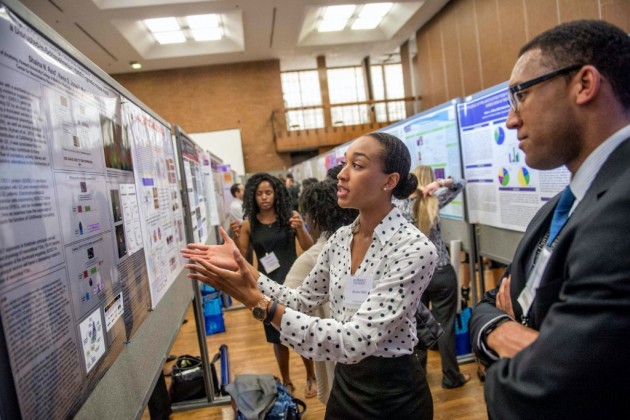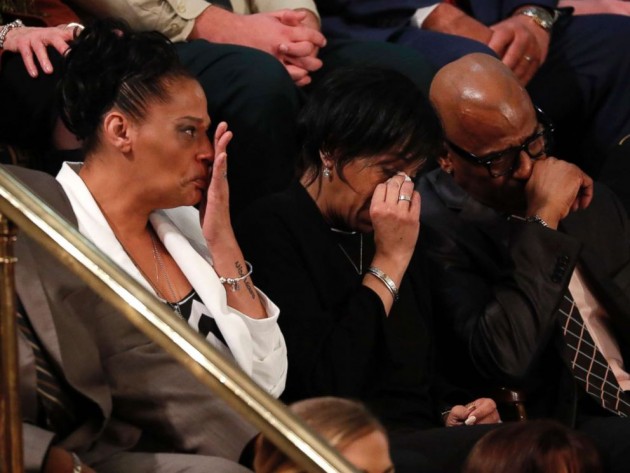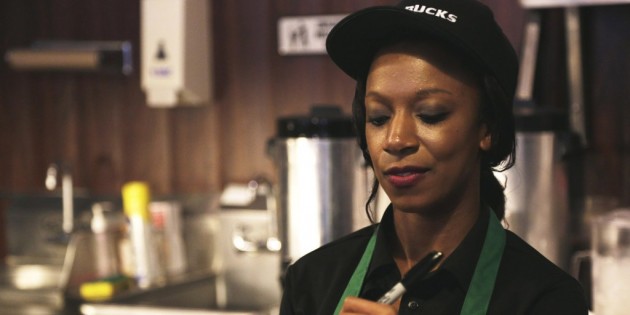If a Las Vegas style casino opens in 2016 as expected at National Harbor in Fort Washington, Md., Prince George’s County residents would benefit from the revenue generated and jobs created. But a number of residents who live near the expected site of what would be Maryland’s largest casino wonder whether the benefits would come at a cost: an increase in crime.
Jacqueline Goodall, the mayor of Forest Heights, a town of 2,585 residents less than a 10-minute drive from National Harbor, fought against the referendum that expanded casino gambling in Maryland. “The closer a residential area is to a casino you start losing [property] value,” Goodall said. “They break the ground and you lose 5 percent. Looking at it from a mayor’s point of view, if I lose 5 percent of the value of my property when [the casino] breaks ground and property values continue to decline, I don’t have money to operate my town.
“I don’t have money to keep hiring police,” she said. “With this casino, there will be a rise in crime.”
Other residents who live in long established neighborhoods near National Harbor echoed Goodall’s concerns about crime. But evidence is mixed on whether crime increases when gambling casinos open.
A June 2000 collaborative study by Baylor University’s Earl Grinols, University of Georgia’s David Mustard and the University of Illinois’s Cynthia Dilley concluded that in counties with casinos about 8 percent of reported crime could be attributed to the gambling venues.
A 2011 study by Grinols, Mustard and Baylor University’s Melissa Staha analyzed data on National Park guests to determine how visitors affect crime. “The National Park Servicerecords information on visitors and overnight stays for every national park, national historic site, national monument, battlefield, and recreational area in its jurisdiction. One in nine U.S. counties contains such sites,” said the study.
“The gambling industry likes to make counterclaims to people like me that it’s not the casino, it’s the visitors that cause crime,” said Grinols in an interview. The study invalidated the counterclaim, as “National Park visitors had no effect on either property or violent crime,” according to the study. “It’s not visitors that cause crime, it’s which kind. National Park visitors do not attract crime, but gambling visitors do,” said Grinols.
The casino industry has grown into one of the most controversial yet powerful industries within the last decade. According to the American Gaming Association, in 2011 commercial casinos provided $7.93 billion in taxes to state and local governments.
The Rev. A. Colette Rice, executive pastor of Mt. Ennon Baptist Church in Clinton, Md., one of the largest congregations in Prince George’s County, worries about how the proposed huge gambling casino will impact neighborhoods. “I think the casino will bring new problems in an already established community,” she said. “There needs to be adequate security for those participating in the activities at the casino but also added protection for those residents who did not choose to neighbor this venue.”
Maryland Live! Casino, in Hanover, Md., has shown minimal reported crime since the $500 million complex opened in June 2012, according to a survey of incident reports from the Anne Arundel County Police Department. A majority of the criminal activity reported at the casino address-which includes the parking areas-has been non-violent offenses, such as theft and forgery. The Grinols, Mustard and Dilley study concluded “the effect on crime is low shortly after a casino opens, but that crime grows after three to four years.”
According to an article last Sept. 24 in the Maryland Gazette, “the number of drunken driving arrests on the Baltimore-Washington Parkway, a main artery carrying gamblers to the casino, increased 8 percent since the casino opened. There were 94 of such arrests during the first quarter of casino operations. Those same months last year, before the casino opened, produced 87 arrests.”
Longtime residents express anxiety regarding the forthcoming casino including Diana Corporal, a resident of Fort Washington, Md., for over 25 years. “Casinos are unnecessary evils and they allow people to throw away their hard earned money. If the business people that invest in these evils did the community surveys after the casinos have been around and observed the effects to the area, they might change their minds about the supposed need for casinos,” she said.




